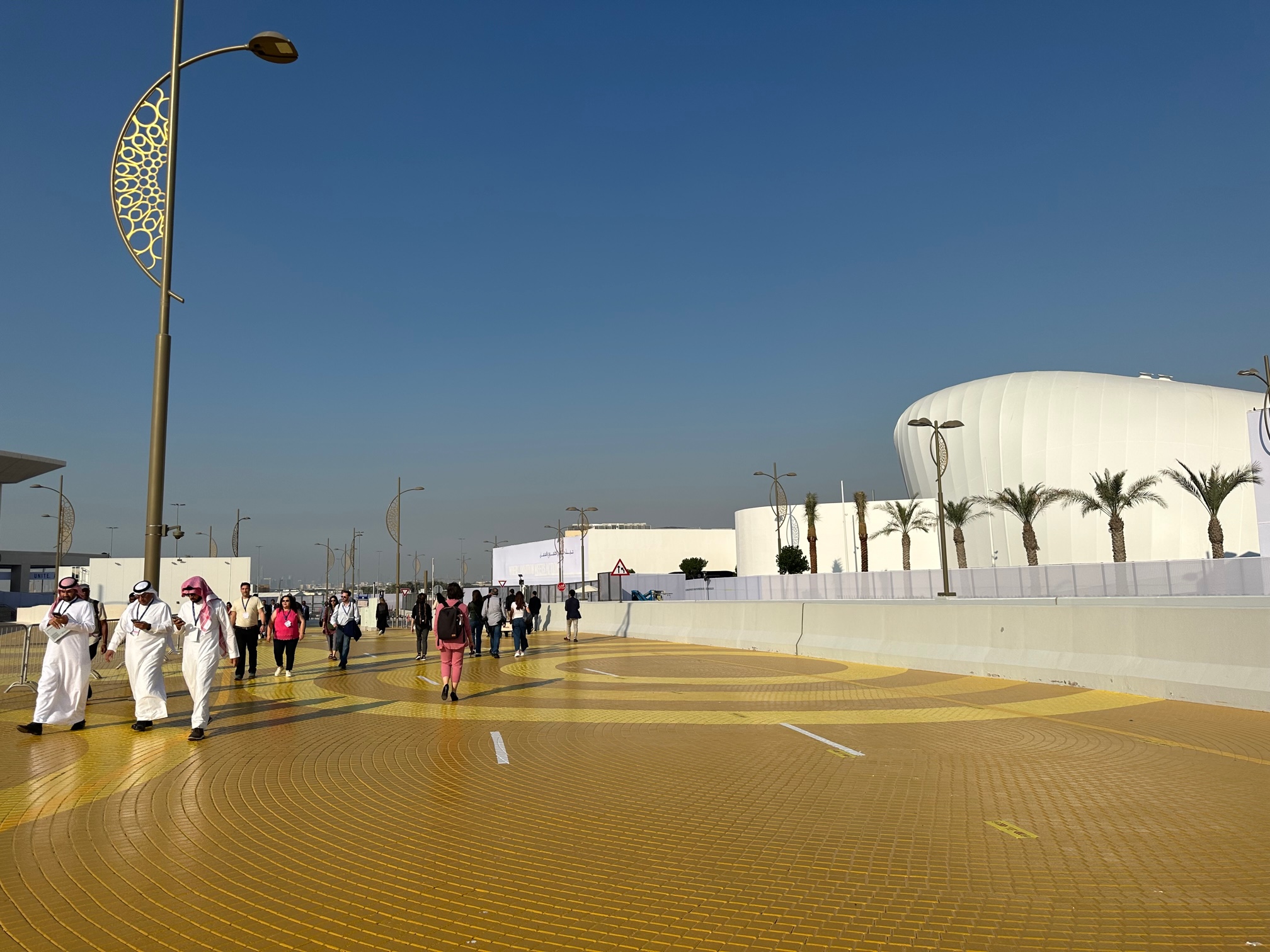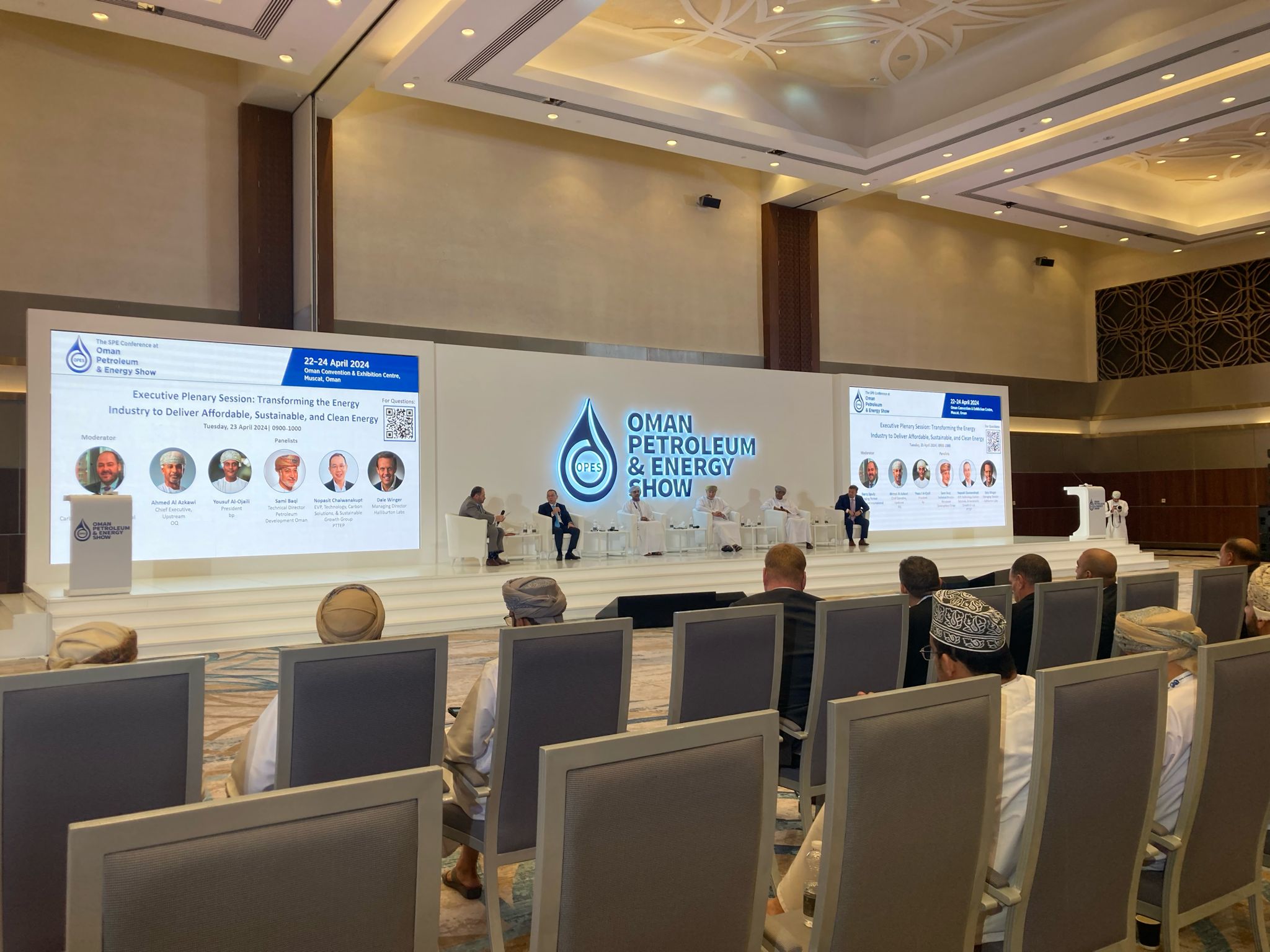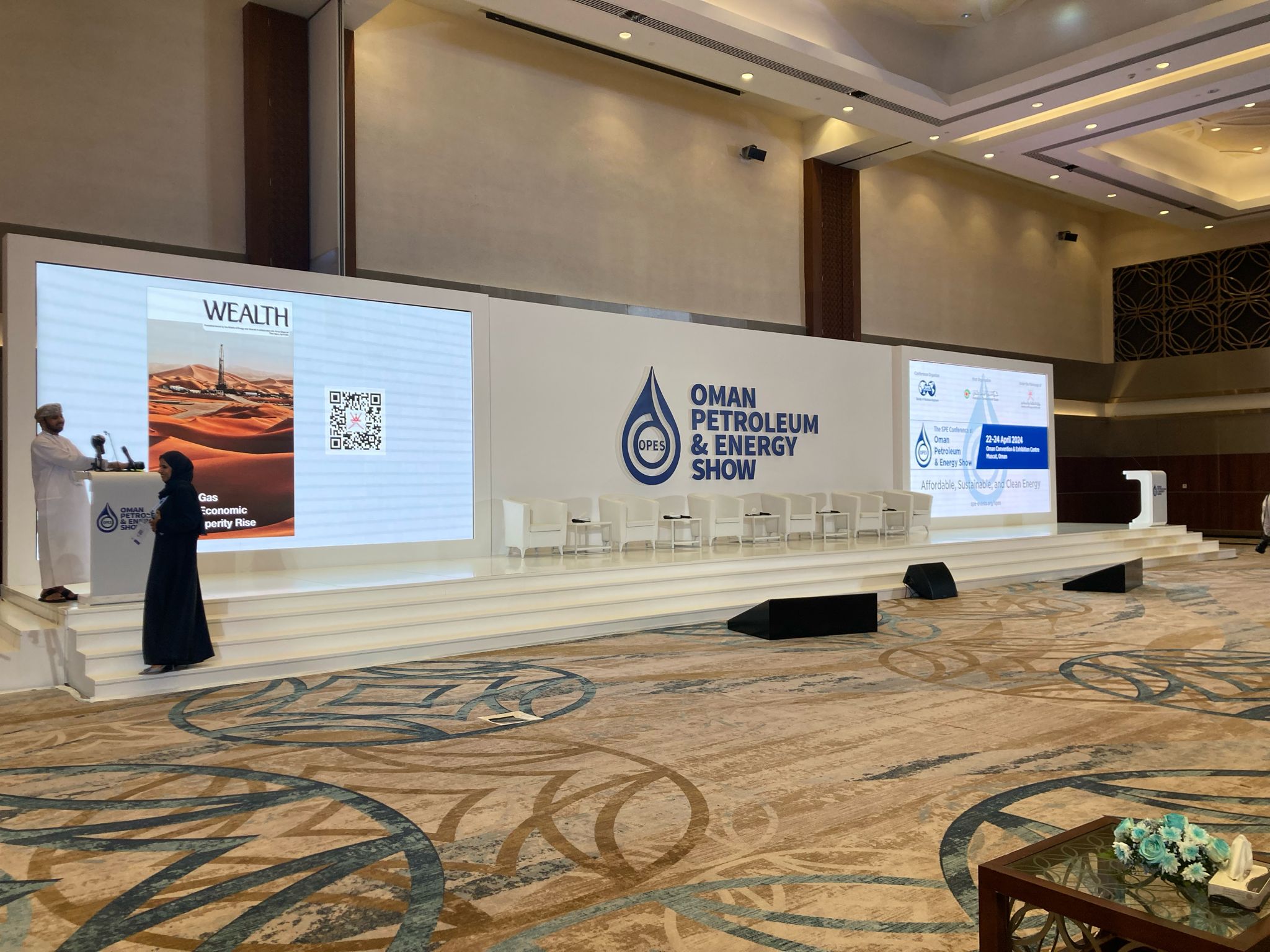Oil kingdom COP28: the gamble that paid off?
When delegates gathered in Dubai just a fortnight ago for the opening of COP28, the chances of progress seemed slim, but these oil state climate talks delivered a transition away from fossil fuels that no previous COP managed to achieve.

The historic climate deal that was clinched at COP28 in Dubai this week that included the words “fossil fuels” in the final text for the first time in three decades happened in that most unlikely of places — a major oil kingdom.
It was an unlikely victory for COP28’s President Sultan Al Jaber who had thrown a spanner in the works by saying in an online video made public during the climate talks that he thought there was “no science” to support the phaseout of fossil fuels to keep global warming below 1.5C. His climate credentials had been thrown under a bus even before the U.N. talks began when documents leaked to the BBC revealed that the UAE’s COP28 team had plans to discuss oil and gas deals with 15 countries and was willing to “evaluate” LNG opportunities in Mozambique, Canada and Australia.
Even more concerning for many climate activists was that the UAE’s national oil company Adnoc, which Al Jaber heads up, in November 2022 — exactly one year before it was to host COP28 — said it actually planned to accelerate its oil production capacity between 2023 and 2027 to 5 million barrels per day (the previous target was by 2030). Recent reports suggest that the UAE, which has long-marketed itself as a pioneer for banning gas flaring through a pledge it made 20 years ago, is breaking its own ban and flaring gas on a daily basis.
In an interview with The Guardian published today, Al Jaber said that Adnoc has to keep satisfying demand for fossil fuels, arguing that the firm’s hydrocarbons are lower carbon because they leak less and are extracted more efficiently than elsewhere. Some will say Al Jaber is having his cake and eating it: within days of being hailed a climate champion, he’s pushing for fossil fuel production. For others, what he brings to the table is just different; he’s found a middle ground between climate action and fossil fuel phaseout, a realistic scenario whereby we don’t transition to clean energy straight away.
Al Jaber has been much vilified during this COP and beforehand, but in the final negotiations he was praised by developing countries for listening to and addressing their concerns and by richer nations for sticking to his guns in getting a consensus deal. A friend of mine who met Sultan Al Jaber in his office in 2008 while she was a PhD student, to talk about Masdar, the state renewables firm he set up, described him as “kind” and a very good English speaker. “My memories of him are very nice actually…he was a brilliant young man, very well-educated and accessible,” she said, adding that in Dubai fifteen years ago “not everyone accepted a student request for a meeting.” Even back then though, he was “very into UAE branding politics,” she said.
But if we put aside Al Jaber and the UAE’s accountability, the hard-won climate text agreed on Dec. 13th on COP28 that called for a transition away from fossil fuels “in energy systems, in a just, orderly and equitable manner” cannot be under-estimated, marking the first time that fossil fuels have been acknowledged in the text. It also calls for the transition from fossil fuels to accelerate in this “critical decade” and gives 2050 as a net zero endpoint. The call-to-action of this text leaves no room for interpretation, but implementation of the pledge is another matter entirely.
Of course for many, the COP28 text did not go far enough and has many loopholes. Soft language, they fear, lets countries and companies off too easily in a world that is lurching from one climate disaster to another, with alarming frequency. Overly general and not legally binding, the text lacks desperately-needed short term targets for transitioning away from fossil fuels. Only methane emissions are singled out among the non-CO2 emissions that the text says require action. It references transition fuels, but many regard this as opening the door to fossil gas, as a way of appeasing major gas producing countries. Pacific Islands nations were understandably disappointed with the concluding text. At the frontline, the urgent need for climate action is all-too present in their lives.
Yet there is a glimmer of hope here. If a COP in one of the biggest and least transparent of oil nations in the world can manage to get those all-important words “fossil fuels” in the final agreement, then we have hope for future COPs. Will Baku in Azerbaijan next year, another autocratic petrostate (which gets two thirds of its revenue from oil and gas, one of the highest percentages in the world) take a leaf out of the UAE’s book and push for slowing global warming over fossil fuels and national self-interest? It could be tough. Baku doesn’t have the clean energy record or diplomatic clout of the UAE. Then it’s COP30 in Brazil, and COP31 in Australia. Both could see significant climate progress.
At the end of last summer, after temperatures had slashed records around the world, the U.N. secretary general António Guterres warned: “Humanity has opened the gates of hell.” Let Dubai be a turning point. The point at which the world realised there was no going back: branding exercise or not, fossil fuels are now written into a COP text and we can step, but maybe not leap, towards a future that until two weeks ago was looking more and more uncertain.



